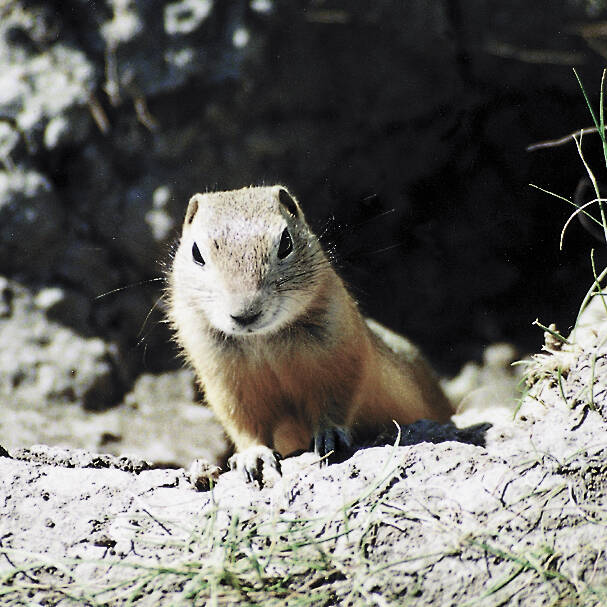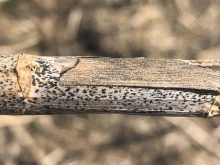Western Canada’s grain industry will get at least three years notice before a wheat or durum wheat variety is deregistered, which makes it only eligible to grade feed or No. 5 Canada Western Amber Durum.
The names of varieties to be deregistered will be posted on the Canadian Grain Commission’s (CGC) website (www.grainscanada.gc.ca), Norm Woodbeck, the CGC’s acting chief grain inspector said in an interview.
“There was really no formal notification going out alerting producers that these varieties are being considered for de-registration,” Woodbeck said.
Read Also

‘Devastating’: PMRA blocks Alberta’s joint emergency strychnine bid
Agency rules proposed mitigation measures insufficient to lower environmental risk, despite growing Richardson’s ground squirrel population.
The Canadian Food Inspection Agency would publish the deregistration notice in the federal Gazette and the CGC would remove it from its designation list, but few farmers ever heard of the change.
“We realize both organizations were a little lax in communicating,” Woodbeck said. “The word wasn’t getting out.”
That became apparent with the loss last crop year of kernel visual distinguishability (KVD) and the requirement that farmers declare the variety of wheat or durum they are delivering to an elevator. Only wheat and durum varieties on the CGC’s variety designation list are eligible for top grades. Moreover, farmers who misdeclare what they deliver could be held liable for the damage it causes.
It turned a number of farmers in Saskatchewan were still producing Pelissier durum, which had been deregistered. The Canadian Wheat Board introduced a special program to get farmers to deliver the variety and flush it from Canada’s grain pipeline. It is hoped providing three years notice of a pending deregistration will prompt farmers to stop growing the variety and clear out the system, Woodbeck said.
Varieties are deregistered for many reasons. Sometimes seeds companies take an older variety off the market to help sales of a new one. Varieties are deregistered because there’s little demand from end-users or a breakdown in disease resistance or poor agronomic performance.
The latter is behind the decision to deregister Snowhite 476 and
476, two relatively new wheats in the Canada Prairie Spring (White) class, Woodbeck said.














